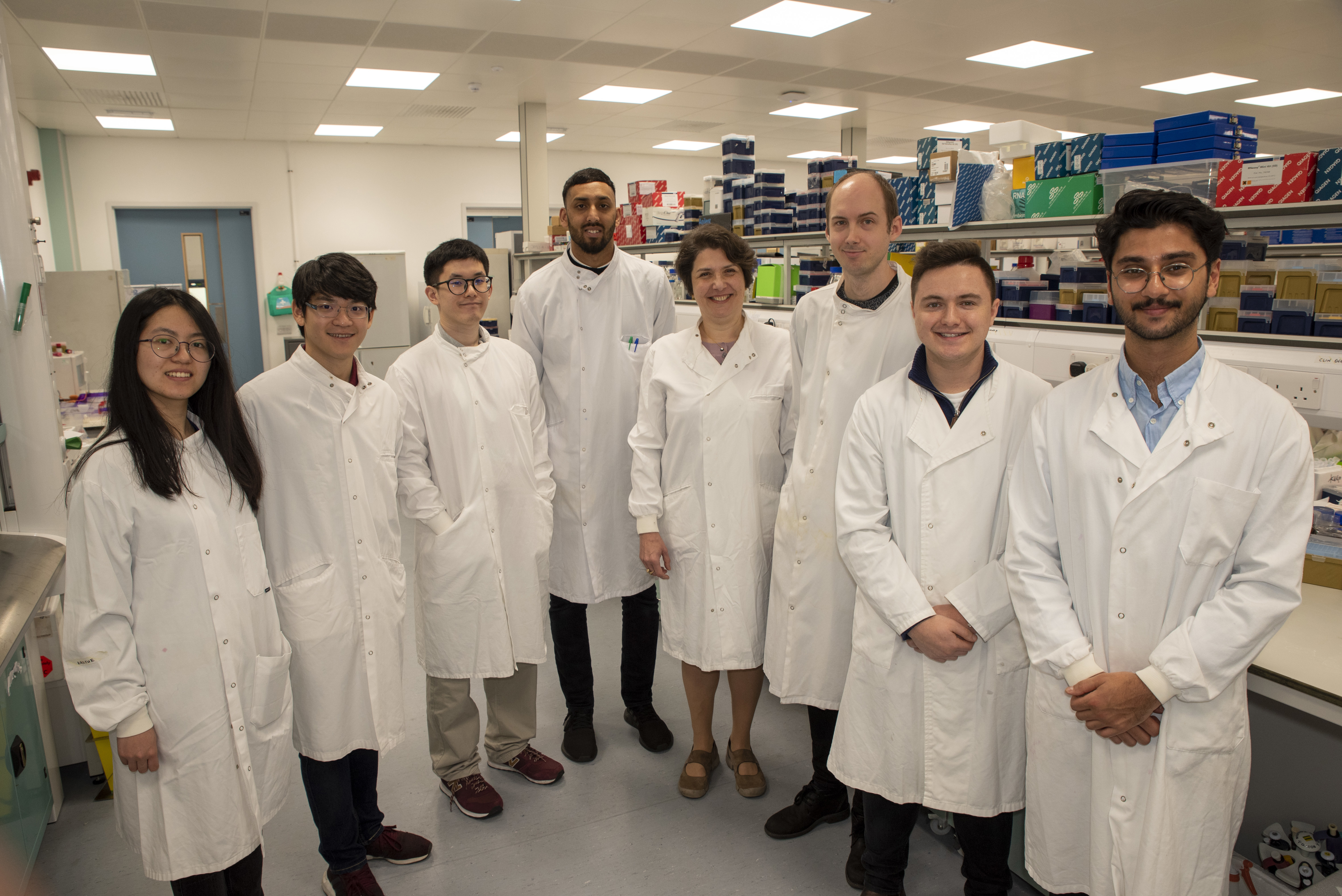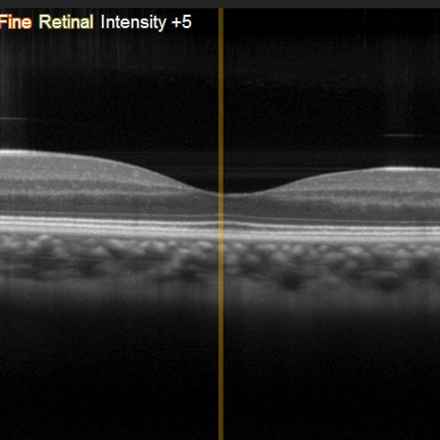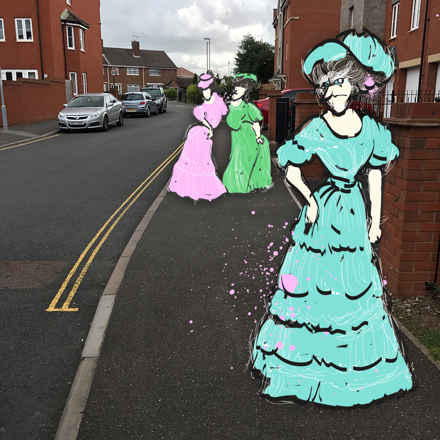
Our research projects
Since 1987 the Macular Society has invested around £10 million in over 100 research projects. Each year we invite applications for research grants, PhD studentships and seedcorn grants which are assessed by our Research Committee.
Research grants
Research grants are for projects of up to three years duration and up to £250,000, which covers everything from laboratory chemicals to salaries.
PhD studentships
A PhD studentship funds a student to undertake a three year research project. The student submits a thesis for qualification of the degree, which is the highest level of academic degree attainable.
Seedcorn projects
A seedcorn grant is funding of up to £25,000 to generate preliminary data to advance innovative and novel ideas.

Helping keep mitochondria healthy to keep macula cells alive
Investigating molecules involved in energy production and inflammation to see whether they can slow or stop damage to cells of the macula.
Find out more

Manchester Eye Tissue Repository Genome-Transcriptome Project
Investigating the gene changes that are responsible for macular dystrophies to improve genetic diagnosis and find new treatment options
Find out more

Creating a wet AMD drug using flower compounds
Creating and testing compounds found in rare flowers, in the hope of finding a new drug for wet AMD for people that don’t respond to current treatments.
Find out more

Improving support services for teenagers with macular disease
This research project aims to create an integrated support package for teenagers with macular disease to improve wellbeing and mental health.
Find out more

Investigating factors involved in rate of AMD progression
This research study will look at the genetic factors and structural changes that might determine who will develop late AMD faster, to better understand risk of progression.
Find out more

Testing therapies to reduce severity of visual hallucinations
Research trial comparing therapies to reduce impact and severity of visual hallucinations caused by Charles Bonnet Syndrome.
Find out more
